
The Wikileaks website on Friday posted some reports by the U.S. National Security Agency (NSA), showing that the country has for years been intercepting phone calls between Japanese officials on sensitive issues.

The upper house of Japan's bicameral Diet has discussed a series of unpopular security-related bills from Monday, but unlike similar debates in the lower house, Prime Minister Shinzo Abe and his fellow ministers, as well as lawmakers from Abe's ruling Liberal Democratic Party (LDP), directly pointed to and chided China as posing a threat to Japan's national security.
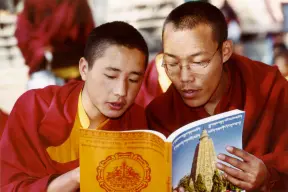
The upper house of Japan's bicameral Diet has discussed a series of unpopular security-related bills from Monday, but unlike similar debates in the lower house, Prime Minister Shinzo Abe and his fellow ministers, as well as lawmakers from Abe's ruling Liberal Democratic Party (LDP), directly pointed to and chided China as posing a threat to Japan's national security.
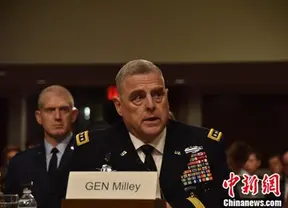
The overturn on Japan's "purely defensive" defense posture pushed for by Prime Minister Shinzo Abe, a historical revisionist who is keen to beef up Japan's military role, is "emphatically the wrong choice: it enhances the chances of war," an expert on international political economy has said.

The public outcry and subsequent plummet in support for Japanese Prime Minister Shinzo Abe and his administration following the steamrolling of unconstitutional war bills through the lower house last week led to revelations that Abe decided to force the bills through with his party's majority vote as he knew the public would never accept them, no matter how many hours were spent debating them.
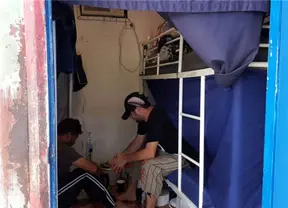
The Japanese cabinet on Tuesday released a defense white paper for 2015 and in the slimmest such document in 10 years, a large portion was used to describe "China' s military threat."

The Security bills, which Japanese Prime Minister Shinzo Abe had dreamed of but the vast majority of Japanese people had opposed to, were rammed through the lower house of parliament last week, endangering the East Asian region and the world as no sincere repentance over wartime history was made by the Abe cabinet.

About 25,000 protesters on Sunday surrounded Japan's Diet building to express their strong opposition against Prime Minister Shinzo Abe's efforts to ram a series of security-related bills which are considered unconstitutional by constitutional experts.

Japanese Prime Minister Shinzo Abe is forging ahead with his plans to pass contentious security legislation through parliament albeit at a delayed date and in spite of the fact that the vast majority of the public oppose the implications the new bills will have on the nation's future security and the fact the bills themselves have been deemed unconstitutional by a plethora of legal experts on constitutional matters.

Philippine President Benigno Aquino here on Wednesday spouted again his ignorant metaphor -- likening China to Nazi Germany -- on the South China Sea issue and tried again to drag Japan and tow the United States towards further meddling in the region.

Japanese Prime Minister Shinzo Abe wrapped up his week-long visit to the United States on Sunday. However, his irresponsible remarks and the attitude of distorting history released during the trip have drawn widespread criticism.
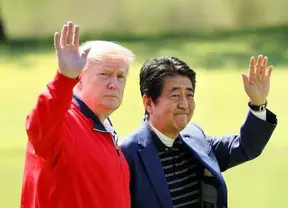
The effort of Japanese Prime Minister Shinzo Abe to emasculate and revise the country's war-renouncing constitution encountered a mass protest on Sunday, the country's 68th Constitution Memorial Day, when he returned from the United States with the updated bilateral defense guidelines that will result in unconstitutional revision of security-related legislation.

Japanese Prime Minister Shinzo Abe, in the face of a growing chorus of calls for an outright apology for his country's wartime atrocities, told U.S. lawmakers on Wednesday only that he would "uphold" related statements made by his predecessors.

The U.S. government should convey to Japanese Prime Minister Shinzo Abe that the mutual defense treaty requires cessation of all its "provocative behaviors," including denying the existence of "comfort women," former U.S. Congressman David Wu said Tuesday.

U.S. President Barack Obama held talks with Japanese Prime Minister Shinzo Abe at the White House on Tuesday, reaffirming ties between the allies on issues ranging from security to trade.

Some 500 people from the Chinese American and Korean American communities protested here on Tuesday against Japanese Prime Minister Shinzo Abe's continued efforts to distort historic facts.
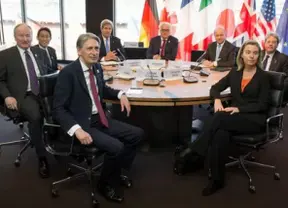
Tomomi Inada, policy chief of Japan ' s ruling Liberal Democratic party (LDP), on Tuesday provocatively paid homage to the war-linked notorious Yasukuni Shrine ahead Prime Minister Shinzo Abe's summit with U.S. President Barack Obama in Washington later in the day.